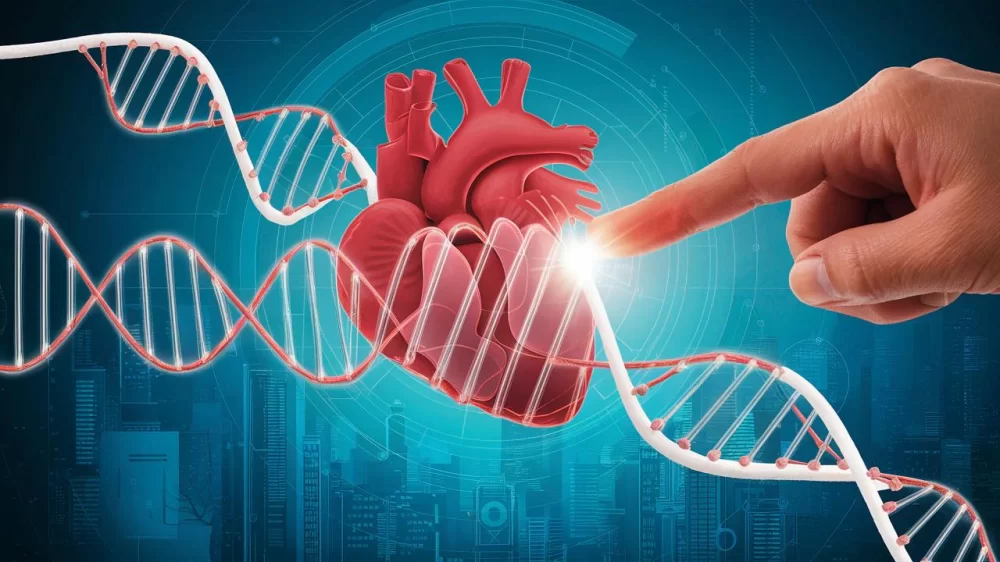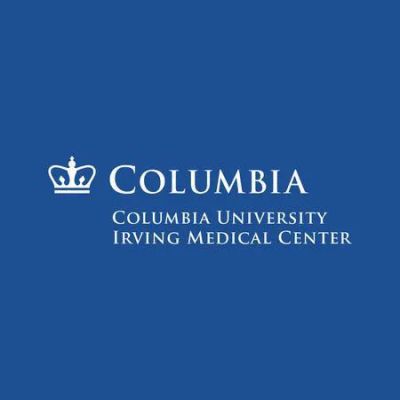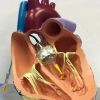- Genetic Counseling in Heart Disease
- How Genetics Affect Heart Health
- Benefits of Genetic Counseling for Heart Disease
- Real-World Examples of Genetic Counseling Impact
- Accessing Support and Resources
1. Genetic Counseling in Heart Disease
Heart disease is often viewed through the lens of lifestyle factors like diet and exercise, but genetics can play an equally crucial role. Genetic counseling is a specialized service designed to evaluate inherited risk factors for heart disease by examining family history and genetic markers. This process helps individuals understand their personal and familial risk, enabling proactive management of heart health.
By working with trained genetic counselors, patients gain insight into how hereditary factors contribute to cardiovascular conditions. This knowledge can guide decisions around preventive measures, screening frequency, and lifestyle adjustments, ultimately reducing the chance of severe cardiac events.

1.1 What Does Genetic Counseling Involve?
Genetic counseling typically begins with a detailed assessment of family medical history, focusing on relatives who have experienced heart conditions at a young age or have known genetic disorders linked to heart disease. Following this, genetic testing may be recommended to identify specific mutations or markers.
The counselor then interprets these results, discusses potential implications, and collaborates with healthcare providers to tailor a personalized plan. This plan may include more frequent cardiac screenings, medication options, or lifestyle interventions designed to mitigate inherited risks.
Atlanta Heart Specialists
atlanta heart specialists
4375 Johns Creek Pkwy #350, Suwanee, GA 30024, USA

2. How Genetics Affect Heart Health
Genetic factors influence heart disease by affecting the structure and function of the heart and blood vessels as well as the metabolism of cholesterol and other substances. Certain inherited conditions, such as familial hypercholesterolemia, significantly increase the risk of early-onset heart disease.
2.1 Inherited Conditions Linked to Heart Disease
Familial hypercholesterolemia is a genetic disorder characterized by very high LDL cholesterol levels from birth, dramatically raising the likelihood of developing atherosclerosis early in life. Other inherited conditions include cardiomyopathies and arrhythmias, which can also predispose individuals to heart failure or sudden cardiac death.
2.2 The Role of Genetic Variants in Heart Disease Risk
Beyond rare disorders, common genetic variants can subtly increase heart disease risk by influencing blood pressure, inflammation, and clotting tendencies. Understanding these variants helps in creating a comprehensive risk profile, especially when combined with traditional risk factors like smoking or obesity.
3. Benefits of Genetic Counseling for Heart Disease
Genetic counseling offers several significant advantages for patients concerned about hereditary heart disease. First, it provides clarity by identifying specific risks that might otherwise remain unknown. This foresight allows for early intervention that can prevent or delay disease onset.
3.1 Empowering Informed Health Decisions
Armed with genetic information, patients and families can make more informed choices about monitoring and lifestyle. For example, someone with a genetic predisposition to high cholesterol might prioritize diet and medication more rigorously.
3.2 Guiding Family Planning and Screening
Since genetic risks can be passed through generations, counseling helps families understand the implications for children and siblings. It also encourages cascade screening, where relatives undergo testing based on a known genetic risk, amplifying preventive care within families.
4. Real-World Examples of Genetic Counseling Impact
Consider the story of Sarah, who discovered through genetic counseling that she carries a mutation associated with hypertrophic cardiomyopathy, a condition that can cause sudden cardiac arrest. This knowledge led her to undergo regular heart screenings and make lifestyle changes, ultimately preventing a serious event.
Another example is David, whose family history included multiple relatives with early heart attacks. Genetic testing revealed familial hypercholesterolemia, prompting an aggressive cholesterol-lowering regimen that has successfully stabilized his condition.
4.1 Lessons from Patient Experiences
These cases highlight how genetic counseling personalizes heart disease management. Early detection and tailored interventions often translate into better outcomes and peace of mind for patients and their families.
5. Accessing Support and Resources
For those seeking genetic counseling related to heart disease, resources are available to guide the process. HeartCare Hub offers curated access to qualified genetic counselors, educational materials, and relevant heart health products tailored to individual needs. This centralized support simplifies navigating complex genetic information.
5.1 Integrating Genetic Counseling with Routine Care
Genetic counseling is most effective when integrated with regular cardiology and primary care. Ongoing communication between specialists ensures that genetic risk information is consistently factored into health decisions.
5.2 Leveraging Technology for Continuous Monitoring
Modern digital tools and apps allow patients to track symptoms, medication adherence, and screening schedules, enhancing engagement with their heart health journey. HeartCare Hub supports these tools, fostering a proactive approach to managing inherited heart disease risks.
Understanding the genetic component of heart disease through counseling empowers individuals to take control of their heart health and adopt preventive strategies tailored to their unique genetic makeup.






















Deborah Heart and Lung Center
deborah heart and lung center
200 Trenton Rd, Browns Mills, NJ 08015, USA